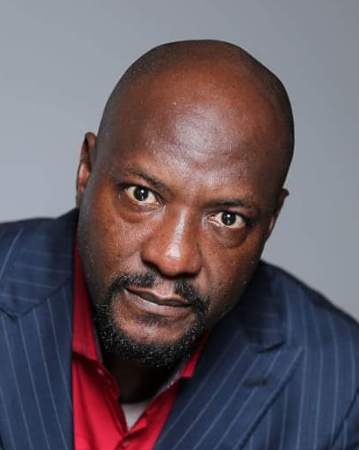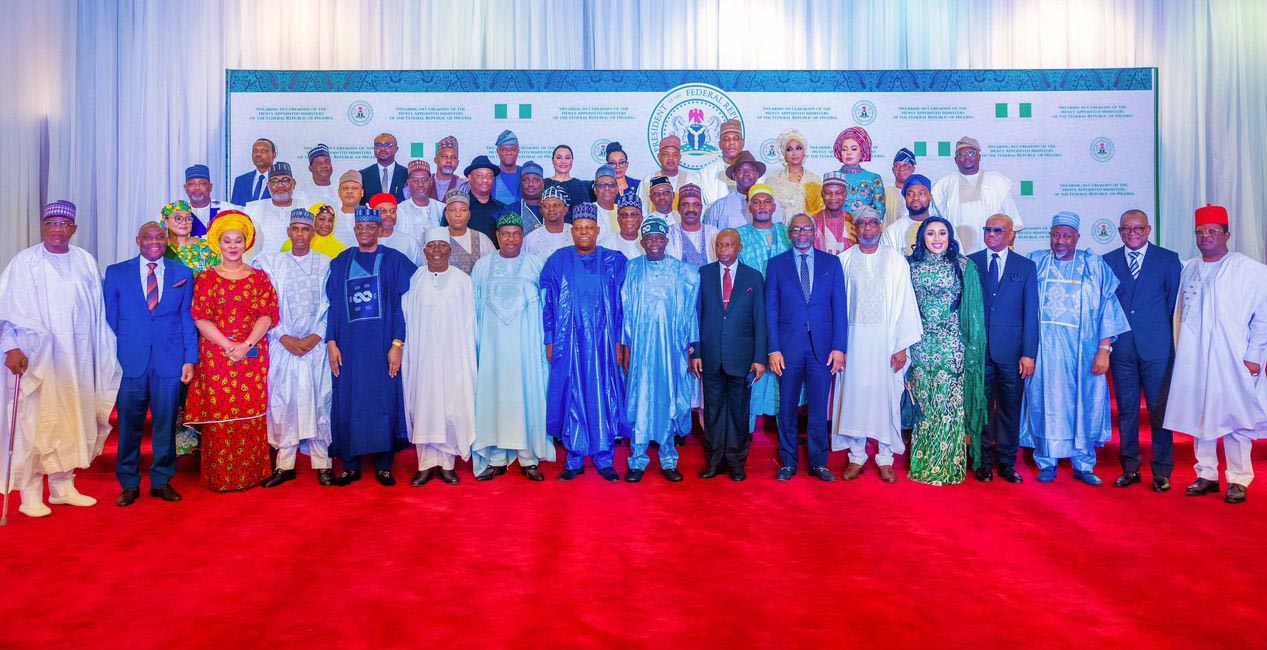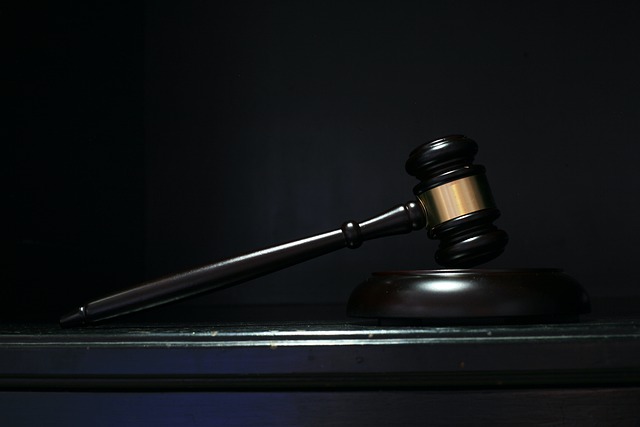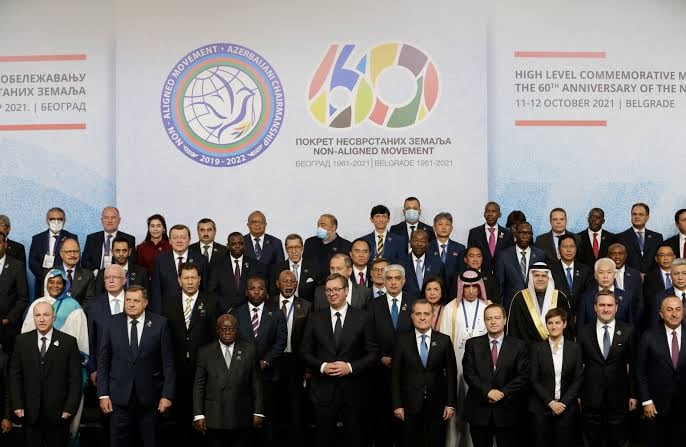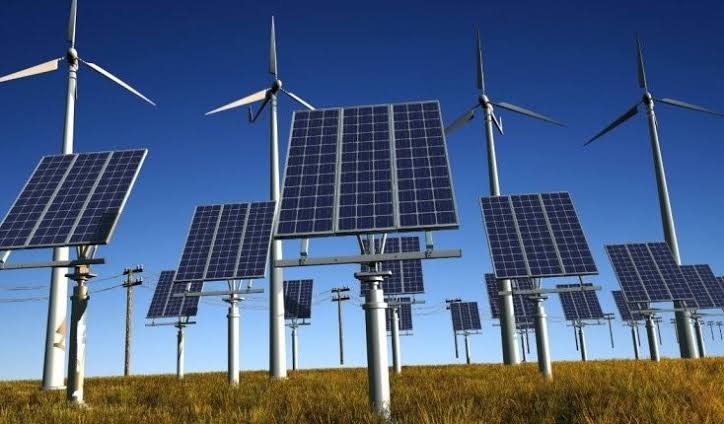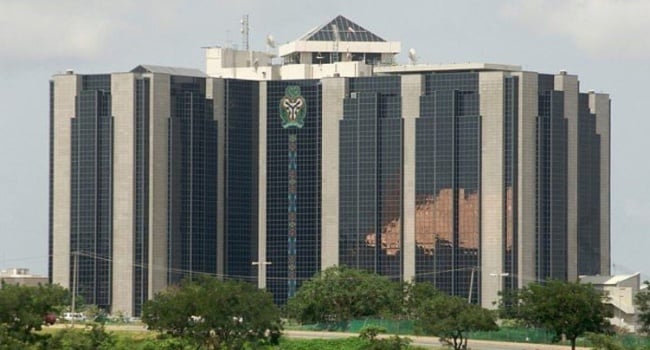In April 2006, the Nigerian government was able to conclude a deal in which they made the final payment for our Paris Club debt and the country became virtually debt-free. This resulted in very strong fundamentals for the country’s financial status which was demonstrated by a respectable credit rating for the country and for the first time ever, a significant appreciation in the value of the Naira against major international currencies.
In paying off our debts which was at that time choking the Nigerian economy the same way it’s choking government finances today, the government had negotiated a 60% discount on our $30 billion Paris Club debt. Effectively the Paris Club had accepted to write down $18 billion of the debt if Nigeria made a lump sum payment of $12 billion in full and final settlement to the club of creditors. This the Nigerian government was able to do easily by dipping into our foreign reserves which had been significantly built up by the Obasanjo administration since they assumed power in 1999.
From just over $5 billion in 1999 when the Obasanjo administration assumed power, they were able to increase the country’s foreign reserves to $42 billion by 2006 when the Paris Club debt was paid off and it was this enhanced liquidity that enabled them to negotiate with the Paris Club of creditors from a position of strength and get significant concessions on the debt. The robust foreign reserves also played a major role in stabilising the value of the Naira during that time period as well.
One begins to wonder how the government then was able to build up our foreign reserves so significantly at a period when oil prices averaged less than $40 per barrel and our oil production capacity was much lower than what we have today. The simple answer is that the government then was able to keep the cost of governance relatively low and rather than fritter away the increased revenue from crude oil when the prices were going up and our production capacity was increasing, the government chose to save by building up our foreign reserves and creating an “excess crude account” that our budget surplus went into.
Advertisement
It was this prudent management of resources that created an atmosphere that enabled the economy to thrive during that time period and this contributed significantly to Nigeria being the fastest-growing economy in Africa during that era and becoming the biggest economy in Africa when our GDP was rebased in 2013.
Sadly, from a situation where Nigeria was left with just over $2 billion in external debts after we exited Paris Club in 2006, our external debts have grown rapidly to an all-time high of over $42 billion while our total debts are in excess of N90 trillion when we factor in local debts. We now find ourselves in a situation where we are now using up to 97% of government revenue to service existing debts while the government has to resort to taking more loans for the basic task of running the government.
The other tragic part of the increased loan portfolio is that most of the loans were taken to finance recurrent expenditure with very little capital expenditure or even investments to show for these loans so there is no hope of increased economic activity or revenues being generated to help offset these loans.
Advertisement
Virtually everything was used to finance consumption despite claims by the previous administration that they invested heavily in infrastructure. The reality is that the handful of major infrastructural projects they embarked on don’t come anywhere close to justifying the additional N77 trillion in debt incurred by the immediate past administration.
A lot of people begin to ask, how these debts affect us individually as they assume that the burden is on the government alone. The reality is that it is these debts that are responsible for the high inflation rates in the country. The major cause of inflation in the country is due to the falling value of the Naira which continues to fall as a result of the government’s fiscal irresponsibility.
To finance the bloated cost of governance, the government has been taking the shortcut of borrowing more money and getting the central bank to print more money to finance their consumption. This increased money being pushed into circulation to finance consumption without a corresponding increase in the level of goods and services being produced in the country is what is directly responsible for the constant fall in the value of the Naira and the high inflation rate that we are all being subjected to today.
Given the current terrible state of our economy, one would have assumed that the current administration who, by their own admission, stated that they inherited a very bad and heavily indebted economy would not continue on the path of financial recklessness of the previous administration and be more prudent with the management of our commonwealth.
Advertisement
Rather what we have seen is even more profligacy in the management of our resources as demonstrated by the enlarged cabinet size of the current administration and the two supplementary budgets that they have presented in the last six months which were mostly to finance consumption and the excesses of those who now hold the reins of power.
If the current administration is really serious about fixing the economy, the first step they ought to have taken was to make drastic cuts in the cost of governance. In a conversation I had with a former top government official who had been involved with the economic team, he stated that most recurrent expenditure budgets were heavily padded and that the government could afford to cut it by up to 50% without affecting service delivery by the government.
This is apart from the fact that there are a lot of redundancies in the public service that add up to unnecessarily increase the cost of governance. According to his analysis, we can easily reduce the expenditure budget for the current year by as much as N6 trillion without affecting service delivery. The savings can then be used to reduce our deficit/debt burden and improve the health of the economy.
Of course, there are several other things that need to be done to revamp our economy which I will focus on in subsequent articles but for now, the starting point to revamping our economy should be to make drastic cuts in the cost of governance, reduce the deficit and strengthen the economic fundamentals of the country to lay a strong foundation for the needed investments that are required to turn around the economy of the country.
Advertisement
Oshobi, a development economist, management consultant and author writes from Lagos.
Advertisement
Views expressed by contributors are strictly personal and not of TheCable.
